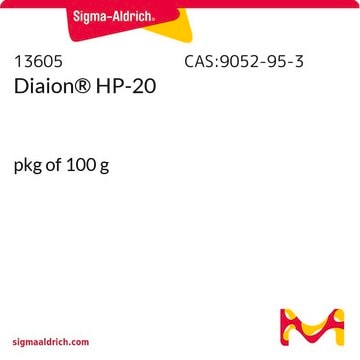T14001
3,4,5,6-Tetrahydrophthalic anhydride
95%
Synonym(s):
Cyclohexene-1,2-dicarboxylic anhydride
Sign Into View Organizational & Contract Pricing
All Photos(1)
About This Item
Empirical Formula (Hill Notation):
C8H8O3
CAS Number:
Molecular Weight:
152.15
Beilstein:
136335
EC Number:
MDL number:
UNSPSC Code:
12162002
PubChem Substance ID:
NACRES:
NA.23
Recommended Products
Quality Level
Assay
95%
mp
69-73 °C (lit.)
SMILES string
O=C1OC(=O)C2=C1CCCC2
InChI
1S/C8H8O3/c9-7-5-3-1-2-4-6(5)8(10)11-7/h1-4H2
InChI key
HMMBJOWWRLZEMI-UHFFFAOYSA-N
Looking for similar products? Visit Product Comparison Guide
Signal Word
Danger
Hazard Statements
Precautionary Statements
Hazard Classifications
Aquatic Chronic 3 - Eye Dam. 1 - Resp. Sens. 1 - Skin Sens. 1
Storage Class Code
11 - Combustible Solids
WGK
WGK 3
Flash Point(F)
Not applicable
Flash Point(C)
Not applicable
Personal Protective Equipment
dust mask type N95 (US), Eyeshields, Gloves
Choose from one of the most recent versions:
Already Own This Product?
Find documentation for the products that you have recently purchased in the Document Library.
Subat Turdi et al.
Toxicology letters, 178(3), 197-201 (2008-05-10)
Doxorubicin is an effective anthracycline used for cancer therapy. However, the clinical application of doxorubicin has been largely limited by its irreversible cardiotoxicity, which is mainly induced by the primary amine group. In this study, we structurally modified doxorubicin by
J B Swaney
Journal of lipid research, 24(3), 245-252 (1983-03-01)
Trypsin digestion of human high density lipoprotein (d 1.125-1.21 g/ml) on which the lysine residues have been masked with the reversible blocking group, 2,3,4,5-tetrahydrophthallic anhydride (THPA), was found to result in the fragmentation of the apoA-I component, but not the
A Ikai et al.
The Journal of biological chemistry, 265(14), 8280-8284 (1990-05-15)
As a model for the molecular structure of proteins belonging to the alpha 2-macroglobulin family, ovomacroglobulin of reptilian origin was studied by electron microscopy in the original tetrameric form as well as in the dissociated forms into half- and quarter
L I O'Connell et al.
Archives of biochemistry and biophysics, 263(2), 315-322 (1988-06-01)
Modification of glutamate dehydrogenase with 3,4,5,6-tetrahydrophthalic anhydride at pH 8.0 results in the progressive loss of enzymatic activity and a concomitant increase in the negative charge of the protein. Although the rate of inactivation at room temperature is too rapid
[Data providing a basis for the MPEL of tetrahydrophthalic anhydride, tetrahydrophthalamide and hydroxymethyltetrahydrophthalimide in the air of the work environment].
A I Gurova et al.
Gigiena truda i professional'nye zabolevaniia, (12)(12), 37-38 (1985-12-01)
Our team of scientists has experience in all areas of research including Life Science, Material Science, Chemical Synthesis, Chromatography, Analytical and many others.
Contact Technical Service










